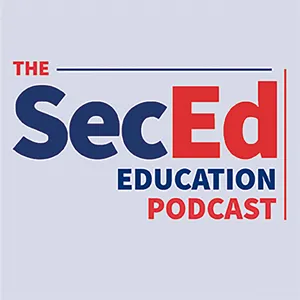The SecEd Podcast: The first & last 10 minutes of your lessons

In this episode, three experienced teachers discuss how to start and end our lessons in the secondary school classroom – focusing on getting the first and last 10 minutes right.
We kick off with some “golden rules” and key ingredients for opening and closing our lessons.
We look at achieving calm lesson starts from a behaviour and classroom management point of view, including setting the right tone for behaviour, meeting and greeting, and dealing with students who are late or those who do not settle well.
We also consider ideas for getting into learning as quickly and smoothly as possible, including tips for starter activities, recapping previous learning, explaining learning objectives, and fostering student engagement and curiosity about the lesson.
When it comes to ending our lessons, we discuss ideas and techniques for bringing learning to a natural close and assessing whether the lesson has landed well with students. Also, how do we give students reflection time? Do we always need a plenary? And what makes for effective end-of-lesson learning routines?
And how can we end our lessons so that transition to the next lesson is calm from a behavioural point of view, including effective end of lesson behaviour routines.
